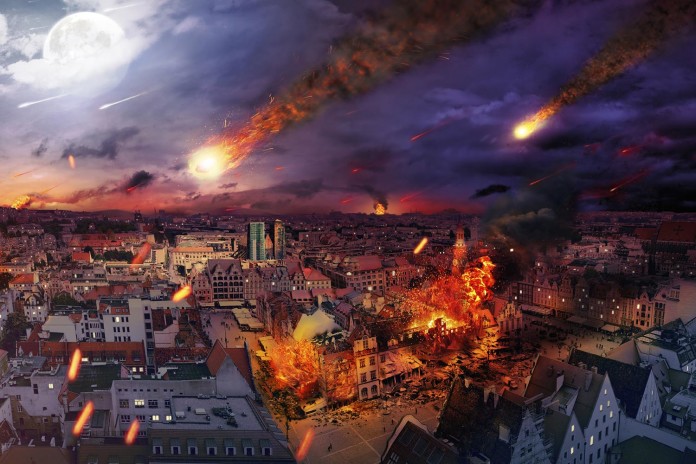
The Leonids are coming! The Leonids are coming!
Every November, adventurers brave wind, snow and possibly ice to see the famous Leonid meteor showers. The meteor shower occurs when Earth crosses into the debris of the Comet Temple-Tuttle. When the debris enters Earth’s atmosphere it vaporizes and creates the Leonid meteor showers.
Scientists have determined that tonight will be the best night to see the showers, the peak being just before dawn. This is because the moon will be largely out of the way, the light of which sometimes drowns out some weaker meteors. People from China to Ohio have gathered in their local clearings away from cities and light pollution. However, experts have also agreed that tonight’s show may be more disappointing than historical performances.
Forecasters believe you’ll be able to see it from any place on earth, barring weather conditions and line of sight. Recently, the Leonid has had weaker displays with only a few thousand meteors per hour. However, to those who’ve never experienced a full-blown meteor shower, it’ll still be pretty impressive. The Leonid shower has become a meteor storm in the past, including 1833 and 1966 when rates of tens of thousands per hour were observed. Meteor storms are known to occur every 33 years or so. The last big storm was in 2002 when over 3,000 meteors fell per hour.
The meteor shower was named after the Leo constellation. Many of the meteors seem to pour from the center of the constellation. The Leonids are known for colorful fireballs that often last longer than typical streaks left by meteorites. This is because the debris from the Comet Temple-Tuttle is larger than typical space junk: about the size of a pebble or even a boulder. The Leonids are also known for “earthgrazer” meteors that seem to skim the horizon.
Our tips for getting the most out of tonight
- Get a lot of sleep beforehand (or drink a lot of coffee). The meteor shower is best right before dawn so you’ll be staying up for a while
2. Find a rural location
3. Bring a thermos and warm jacket, it’s going to get cold

















